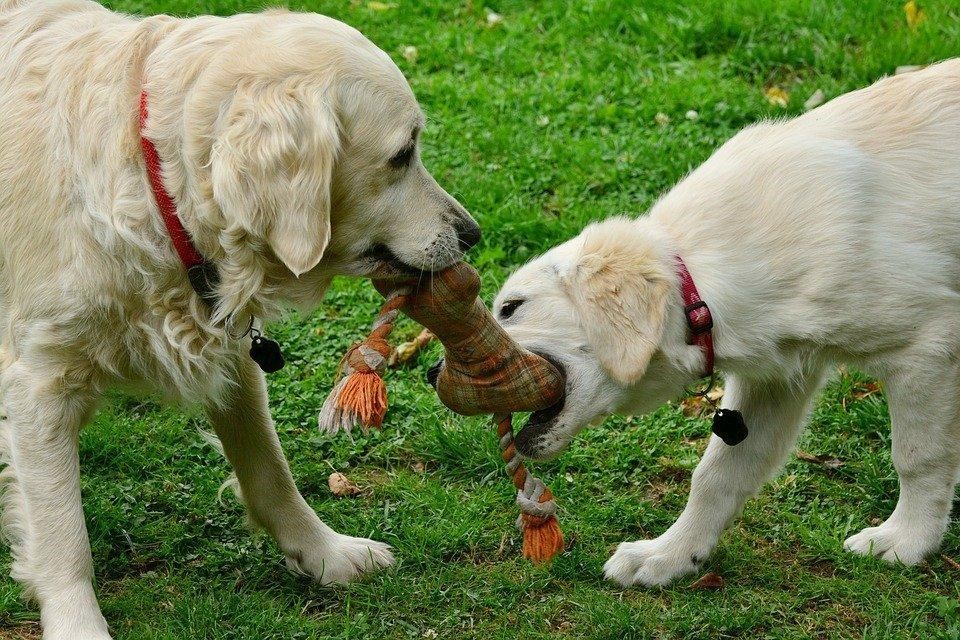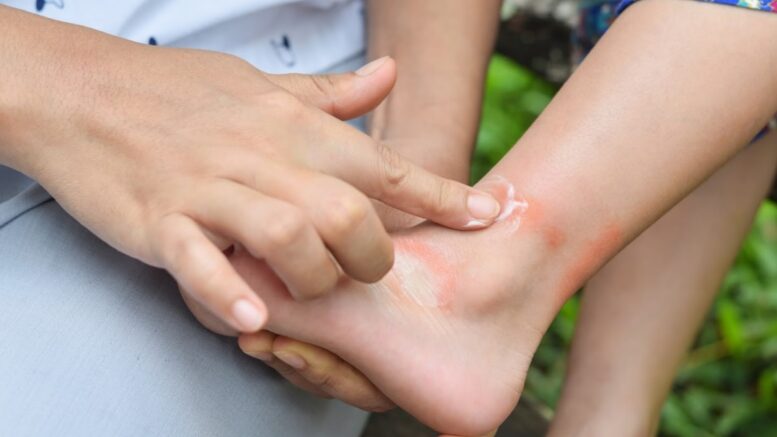Many people pay no attention to insect and animal bites. However, some of them might be more fatal than you think. For one, if left untreated, these injuries can evolve into more severe issues, such as infection, allergic reactions, or even fever.
Considering the number of patients in healthcare facilities nowadays, it’s uncertain that you’ll receive treatment immediately if the worst-case scenario were to happen. As such, you need to deal with insect and animal bites early on.
On that note, here are six tips for dealing with insect and animal bites:
Wash The Bite Area With Water And Soap
It’s common practice to wash a wound or injury with water and soap immediately after it’s been inflicted, which applies to bites. Doing so will reduce the risk of infection as well as swelling. But it’s advisable to tone down on the use of soap and avoid placing it directly into the bite wound, as it may cause irritation, pain, or itching. It should be enough to simply combine the two.
Cover The Bite Area With Gauze Or Bandage
Covering a wound or injury with gauze, bandage, or cloth is yet another common practice when dealing with wounds. This is also one of the ways on how to manage a snake bite. That’s because wounds or injuries need moisture to heal correctly or quickly. As such, leaving them uncovered usually makes the recovery process unnecessarily long and may even increase the pain you’ll experience during the process.
Apart from speeding up the recovery process, applying gauze and bandages is also very handy as it allows you to apply pressure to the wound area if you do it properly. Direct pressure can slow down blood flow at the wound area, which is one of the conditions for clotting to occur.
Once the wound begins to clot, bleeding will stop completely. This may ease your worry about further complications concerning the insect or animal wound. As such, one can say that gauzes and bandages are helpful both for damage control and recovery.
Administer Antibiotics Once Bleeding Has Ceased
Infection occurs when bacteria and other types of germs grow within an open wound. As such, antibiotics are quite handy for insect and animal bites as they’re known to eliminate all sorts of bacteria. You can administer antibiotic treatment by either taking the antibiotic medication orally or applying an antibiotic ointment or oil directly to the wound.
Topical antibiotics work well when it comes to minor injuries as it eliminates bacteria faster, but it also only affects those that are exposed. If the wound is quite deep, ointments may not reach the deeper areas. In that case, taking an antibiotic orally would be the logical option. Regardless, you should consult your doctor before administering antibiotics as it may lead to side effects.
While it’s undoubtedly going to be part of urgent care for bites, take note that you must only administer antibiotics once bleeding has come to an end.
Loosen Tight Clothing
Although it’s vital to constrict blood flow in the wound area to allow for clotting, that shouldn’t be the case in other body parts. As such, make sure you loosen tight clothing that might be constricting the blood flow around the body. Focus on the clothing around the waist, neck, and chest.
Cover The Patient With A Blanket
Insect and animal bites often result in all sorts of reactions. The reaction may be due to an allergy or the insect or animal’s venom. When that happens, the patient would usually become extremely sensitive to coldness. As such, it’s advisable to cover the patient with a blanket, but that only applies if the patient is feeling abnormally cold.

Take Over-The-Counter Medication To Minimize The Symptoms
Even after performing the tips above, you’re bound to experience various things for the next several hours or so. These may include discomfort, pain, itching, and swelling. To minimize the discomfort these brings, you can consider taking over-the-counter medications, like:
- Paracetamol and ibuprofen would be perfect for pain relief
- Crotamiton cream and lotion can prevent itching
- Antihistamine tablets work well in reducing swelling
These medications should be available in local pharmacies. Take note that while these medications are indeed helpful in minimizing your insect and animal bite symptoms, they may also lead to side effects. You can also read this article to learn more about the negative effects of a popular acetaminophen product: “Is Nyquil Bad For You?”. Hence, it’s advisable to consult your doctor before taking a specific medication.
Wrapping Up
While these tips will certainly help in dealing with insect and animal bites, take note that they can only do so much. If the injury sustained is quite severe, like when the wound is deep or if blood is spurting all over the place, it might be best to simply call 911. But of course, while waiting for emergency services to arrive, these tips would still come in quite handy.
